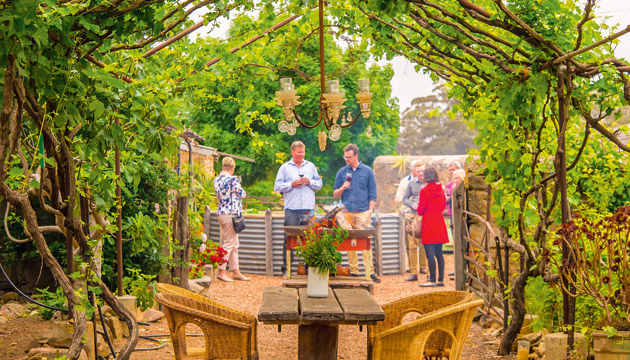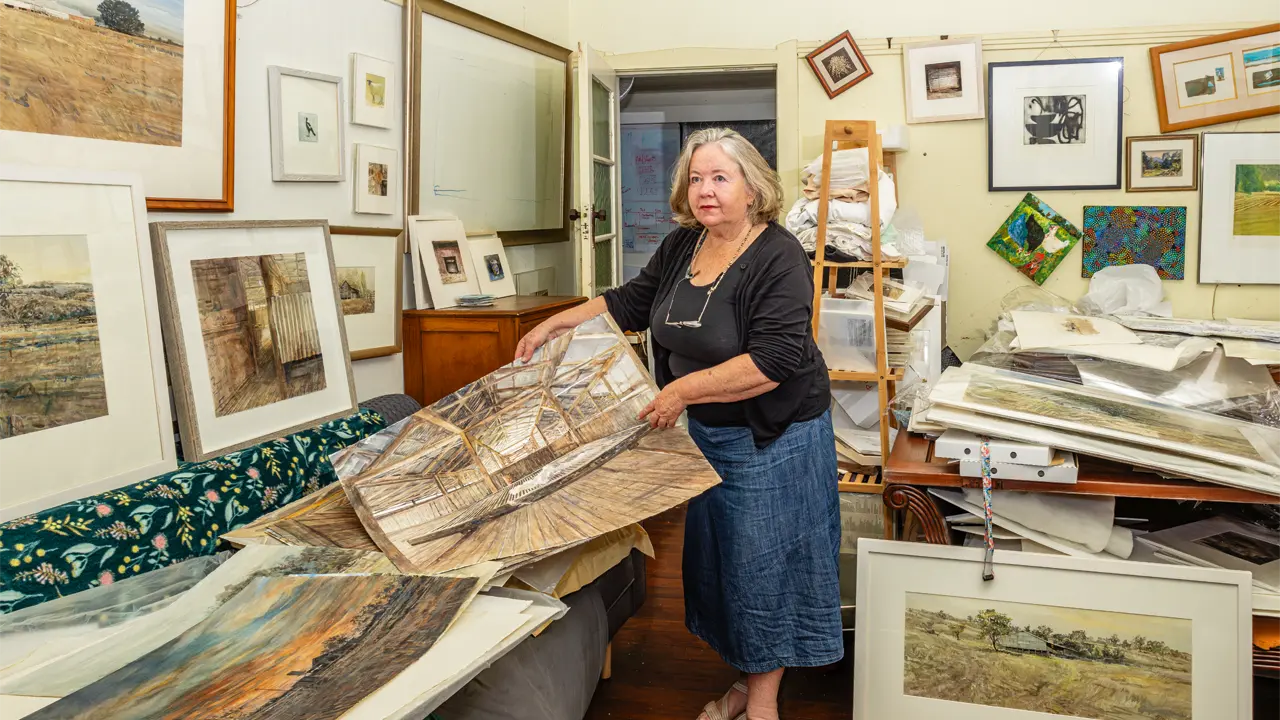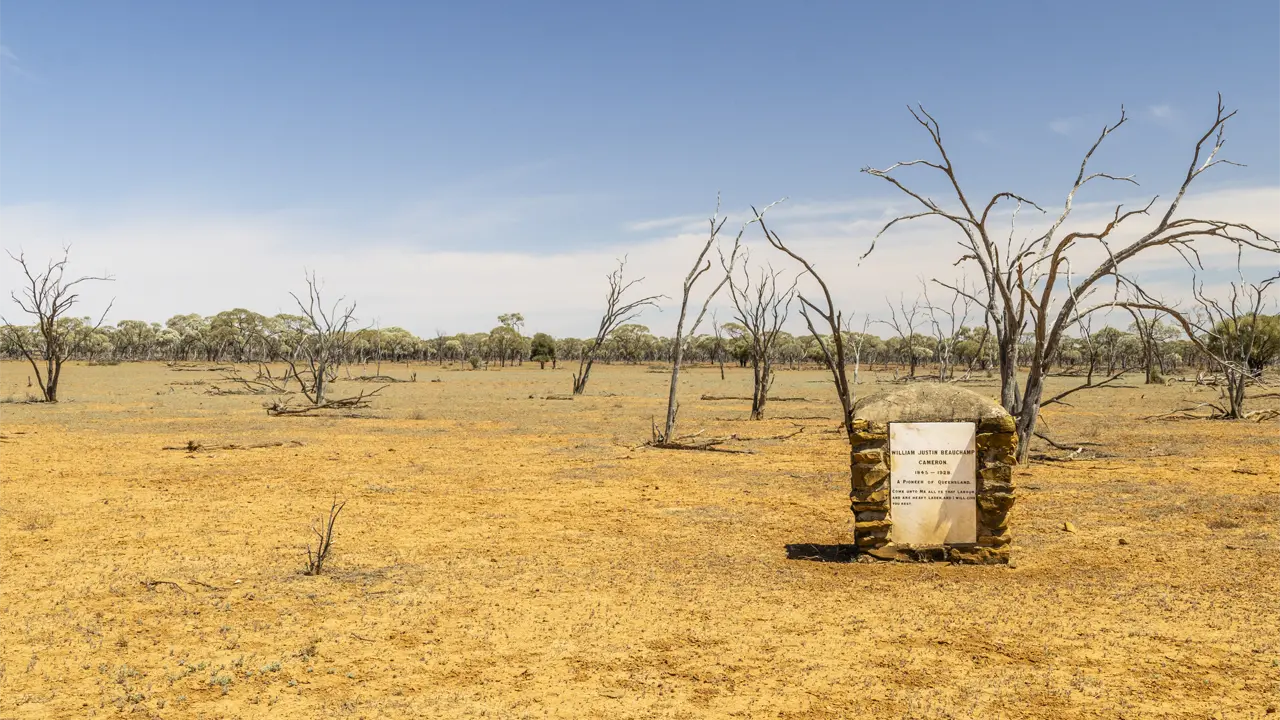Fly straight into the heart of the Barossa for a day filled with farm-fresh food and acclaimed wines in the company of local growers.
Story Therese Hall Photos John Kruger
Jan Angas stands at the centre of her rustic farm kitchen wielding a Giesser knife. She is preparing for a lunch that will star several legs of her family’s homegrown lamb, and her knife skills are focused on a stack of just-picked tomatoes. Jan is a dedicated cook and the hardworking matriarch of Hutton Vale Farm, an exemplar of South Australia’s prized Barossa food and wine culture. She is cooking for a small group of guests, with whom she will share the day on her idyllic pastoral property. “Hutton Vale Farm is a very special place,” she says. “When people come here we like to take them on a journey with us.”
Across the paddock, an eight-seater Pilatus PC-12 turboprop aircraft taxis down Hutton Vale Farm’s bush airstrip after a 17-minute flight from Adelaide. Jan’s husband, John, and son, Stuart, are waiting in four-wheel-drives to collect guests who are embarking on the Ultimate Authentic Barossa Experience. Hosted by the Angas family and their well-regarded winemaking neighbours, Prue and Stephen Henschke, the tour offers a portal into the very essence of this bucolic valley’s lifestyle. “It’s a money-can’t-buy-anywhere-else experience that you’ll be dining out on for a long time,” Stephen Henschke says.
Located in Eden Valley, a region within the Barossa, Hutton Vale Farm is the undulating remnant of one of the district’s original European landholdings. At 800 hectares, it’s just a tiny segment of the sprawling 11,000ha estate that was taken up in the 1840s by John’s great great great-grandfather, George Fife Angas, who was among the founders of South Australia and had a vision of setting up a sustainable agricultural sector in the fledgling colony. The town of Angaston, a few kilometres up the road, was named after the family.
Hutton Vale Farm is a mixed farm in true Barossa style, with free-range organic lamb, ducks and eggs that supply local restaurateurs, a small-scale wine label and a range of chutneys and preserves that Jan’s been making for decades. Like the region’s early settlers from England and Germany, the Angases are proponents of a sustainable, self-sufficient food culture. “We’re heritage rich,” Jan says. “We’re about the flavours of the food and the lifestyle. We don’t want production lines.”
This story excerpt is from Issue #118
Outback Magazine: April/May 2018










